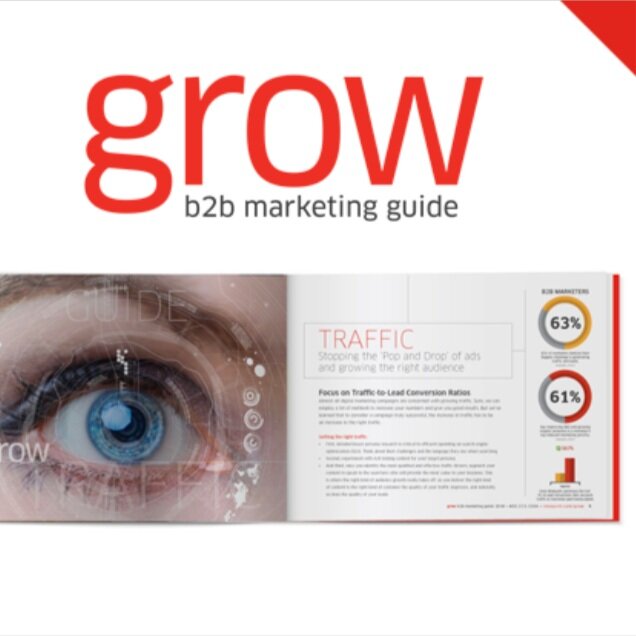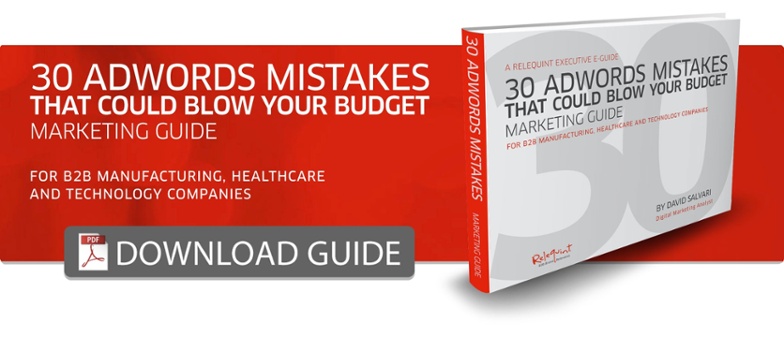 While your company may understand the function and importance of content marketing, adding sustainable funds to your B2B marketing budget may not be a top priority. According to the Content Marketing Institute, B2B marketers allocate 29 percent of their total marketing budget, on average, to content marketing — the same percentage as last year.
While your company may understand the function and importance of content marketing, adding sustainable funds to your B2B marketing budget may not be a top priority. According to the Content Marketing Institute, B2B marketers allocate 29 percent of their total marketing budget, on average, to content marketing — the same percentage as last year.
Those numbers show that B2B marketers are willing to allocate funding to their content marketing budget. However, the research also shows that the average amount is not enough. The most effective allocate 42 percent, and the most sophisticated/mature allocate 46 percent. Therefore, if you want to achieve better ROIs, you need to allocate more money.
If you’re looking to add more content marketing to your B2B marketing budget, here’s how to do it.
Have Definable Goals
Most content marketers have the following organizational goals:
- Lead generation (80 percent)
- Brand awareness (79 percent)
- Engagement (71 percent)
- Lead nurturing (66 percent)
- Sales (62 percent)
- Customer retention/loyalty (56 percent)
- Building an audience via subscription growth (52 percent)
- Cost savings (16 percent)
Your ability to define your goals will enable you measure your success. And your ability to measure your success will allow you to demonstrate the value of your content marketing. Without definable goals, you do not have the foundation that ultimately leads to more funding for your content marketing budget.
Record Your Metrics
The metrics that organizations use to determine how well its content marketing is producing results are:
- Website traffic (78 percent)
- Sales lead quality (57 percent)
- Social media sharing (54 percent)
- Higher conversion rates (51 percent)
- SEO ranking (51 percent)
- Sales (50 percent)
- Sales lead quantity (47 percent)
- Subscriber/community growth (40 percent)
While they also say that...
The metrics that provide truly measurable results of content marketing efforts are:
- Website traffic (42 percent)
- Sales lead quality (34 percent)
- Sales (30 percent)
- Higher conversion rates (27 percent)
- SEO ranking (25 percent)
- Sales lead quantity (23 percent)
- Time spent on website (23 percent)
- Social media sharing (22 percent)
- Subscriber/community growth (21 percent)
Recording your metrics will not only inform you on how to utilize your content marketing, but it will provide insight on what works and what doesn’t. When your metrics show that you are hitting your goals and contributing to success, you will be more willing to allocate more funding to your content marketing budget.
Measure Return on Investment (ROI)
Organizations measure content marketing’s ROI during the following phases:
- Lead generation/building and audience (49 percent)
- Developing relationships with qualified leads and existing customers (35 percent)
- Conversions/sales (49 percent)
- Retention/loyalty/evangelism ( 22 percent)
Measuring your ROI can tell you how your content marketing campaign is contributing to your success as an organization. Depending on the results that you find, you’ll be able to target which areas of your campaign require or deserve more funding.
Demonstrate Content Marketing's Contribution to Success
Teams say that they can demonstrate how content marketing has increased:
- Audience engagement (75 percent)
- Increased number of leads (72 percent)
- Increased sales (57 percent)
- Decrease cost of customer acquisition (27 percent)
Demonstrating that your content marketing campaign has generated positive results says it all. Those in charge of allocating funds within your organization’s B2B marketing budget will be more supportive when they are more confident in your team’s efforts.
The research shows that content marketing should be a large component in your B2B marketing budget. In order to establish just how much funding to allocate and to what areas of your campaign, some serious research and organization is required. An experienced agency will help you identify your goals, metrics, ROIs and point you towards success. ![]()







 By
By 
